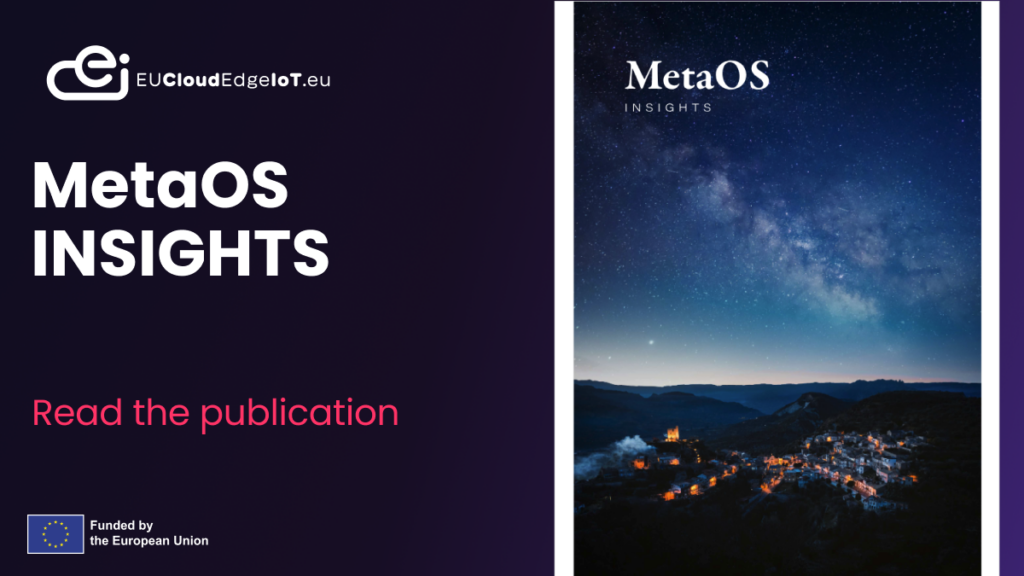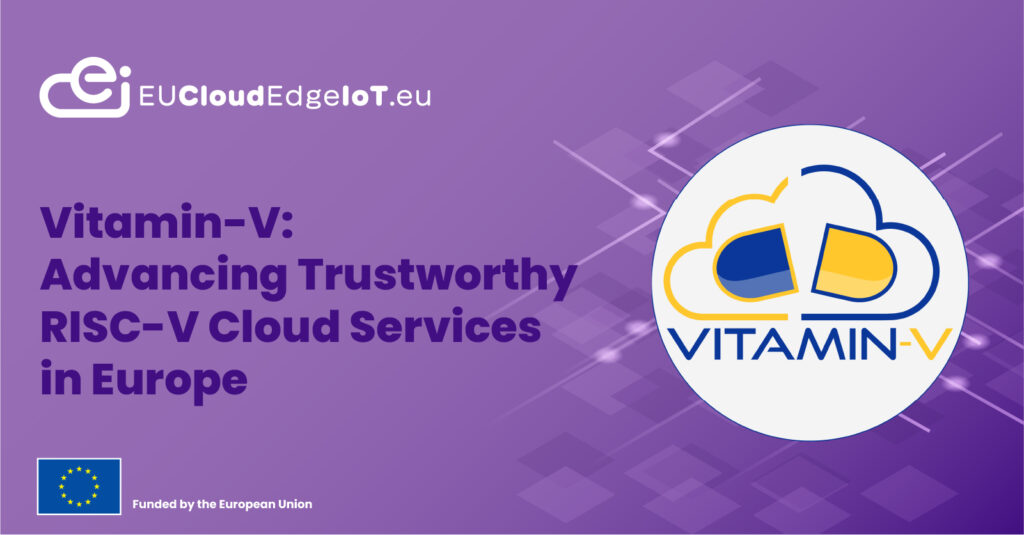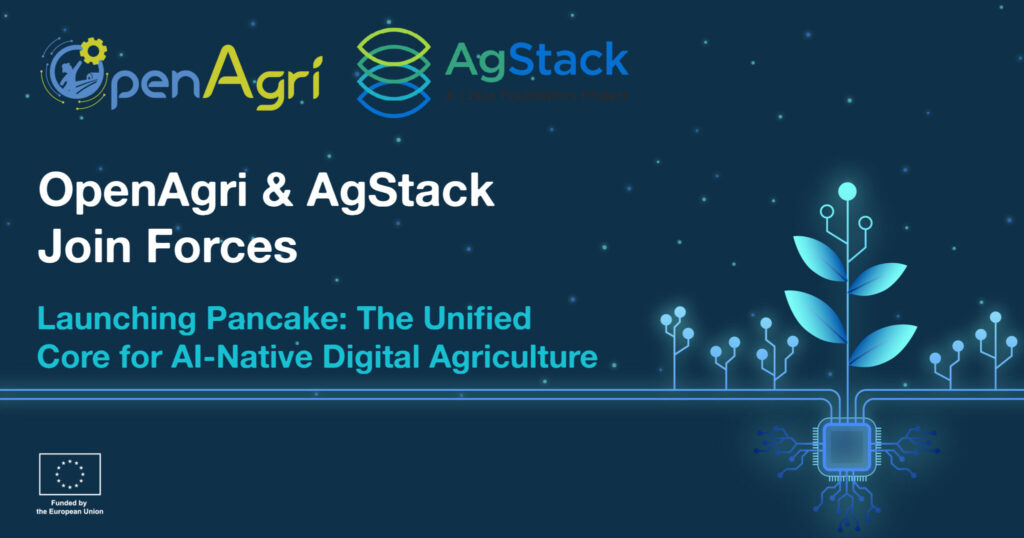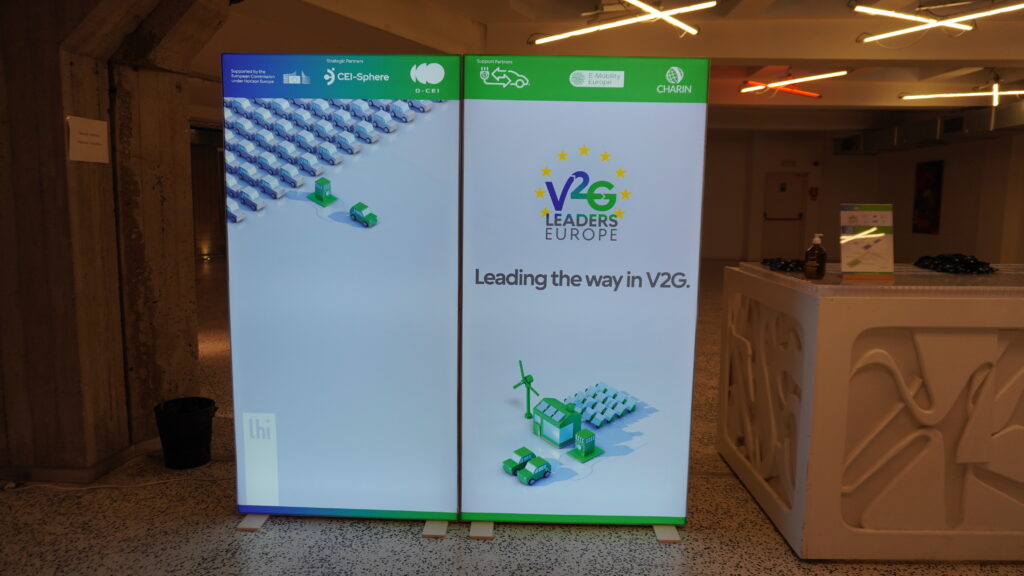The Open Source Task Force, part of the European Cloud, Edge & IoT Continuum, organised the first face-to-face meeting with the cluster of RIAs that have already started, the HORIZON-CL4-2021-DATA-01-05: Future European Platforms for the Edge: Meta Operating Systems (2021-2017).
The Task Force Impact provides strategy and tools to promote the establishment of a European industrial Open ecosystem for continuum computing based on open-source and open standards.
With this in mind, the aim of the meeting was to initiate a collaboration between several different projects involved in the Edge to Cloud continuum Open Source and Meta OS context.
Aiming to address the need to define a common open-source stacks for the meta operating systems defined in all the six projects involved. Indeed, by trying to define such a common stack, The Task Force increases the potential interoperability and portability of some of the developed components and, de facto, increases their sustainability.
The six project currently involved in the cluster are:
- aerOS – Autonomous, scalablE, tRustworthy, intelligent European meta Operating System for the IoT edge-cloud continuum
- FLUIDOS – Flexible, scaLable and secUre decentralIzeD Operationg
- ICOS– Towards a functional continuum operating system
- NebulOus – A meta operating system for brokering hyper-distributed applications on Cloud computing continuums
- NEMO – Next Generation Meta Operating System
- NEPHELE – A lightweight software stack and synergetic meta-orchestration framework for the next generation compute continuum
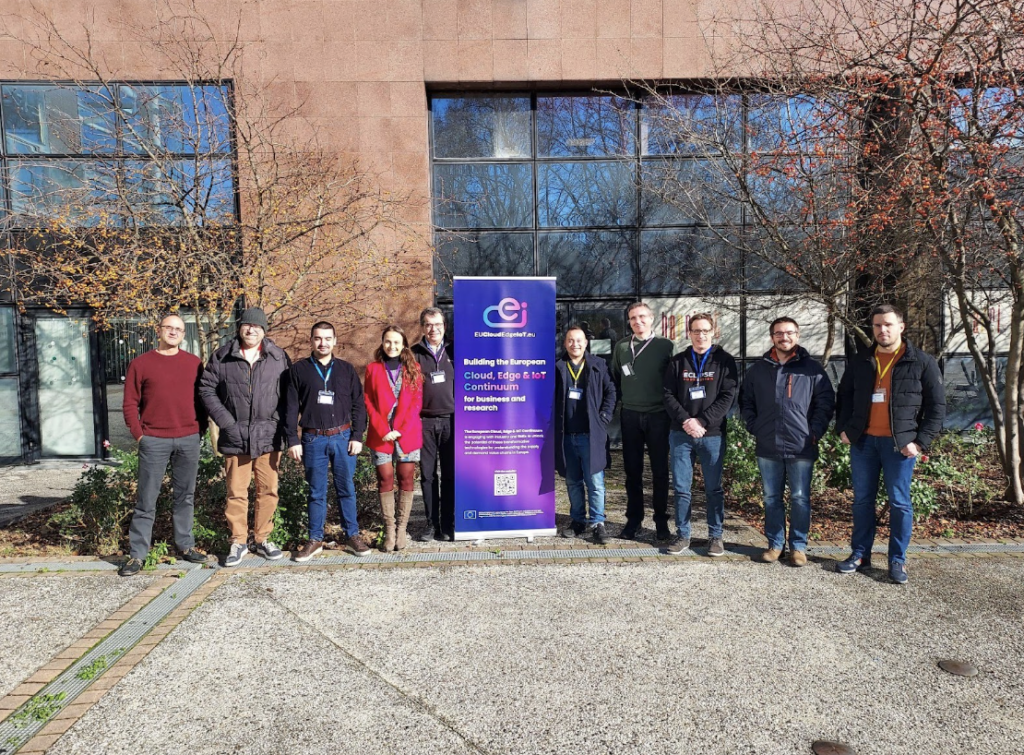
The meeting was designed to bring together and begin work together. Each project brought on the table their architectures and technical expertise with the Technical Managers of the cluster.
During the day, the six architectures have been presented and discussed.
In order to learn from each other the architecture of their project and the planned open-source components, the work proceeded with an intensive and interesting discussion on these different stacks.
The six architectures have been mapped in a generic common subset sharing among the projects: IoT, Edge and Cloud.
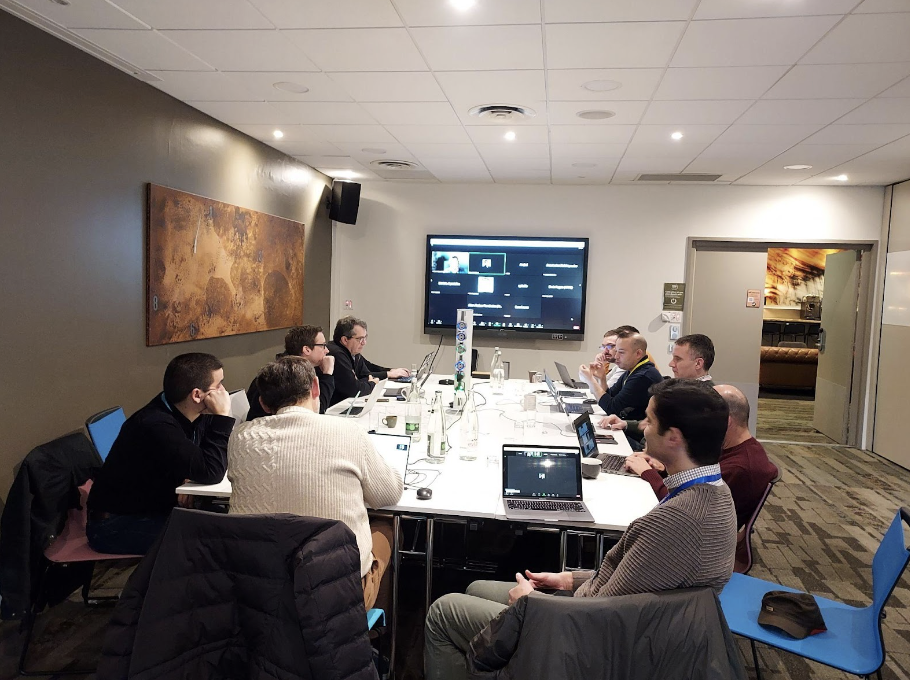
The meeting was very fruitful and brought the six projects to look closely at the components and structures being used or in the making. The meeting was very important for sharing knowledge and best-practices, as well as giving those who do not yet have a definition for some pieces, new ideas to work on. For our part, we put a knowledge base to start on the META-OS.
So this was the first step and involved only the projects concerning META-OS.
Next, the following will be met and involve more projects from the European side, sharing with them the first results and start gathering their inputs.
In particular, the following clusters will be directly connected:
- ICT-40
- ICT-56 – EU-IoT
- DATA-01-02
- DATA-01-03 – SWARM
- DIGITAL-EMERGING-01-26 – Open Source for Cloud Services
- ICT50- Software Technologies
A suite of seminars will be planned and organized with the aim of presenting the Open Source activities with different points of view as well as give to them information of important and well-known open source tools. On this matter, these seminars will bring to light Open Source Foundation activities and components and some open source best practices applied by the members (individuals or organizations) of these foundations.
The main achievement will be to have a wide vision and liaison with the heterogeneous perspective in order to lead to a common open vision for the computing continuum.

